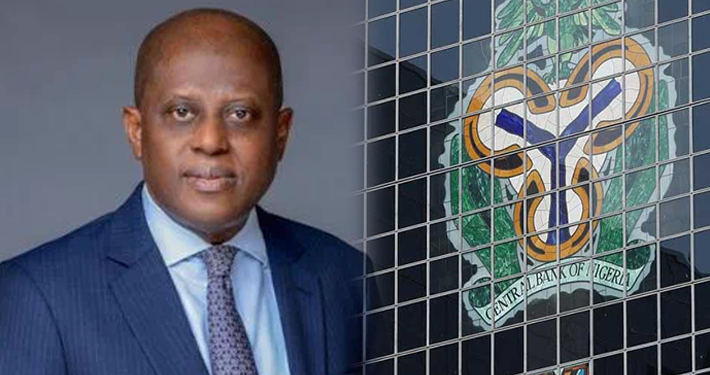The Central Bank of Nigeria (CBN) may persist with its stringent monetary policies if inflation rates continue to climb, according to Governor Yemi Cardoso. In the recently published inaugural edition of the CBN’s Macroeconomic Outlook for Nigeria, Cardoso emphasized that ongoing inflation could necessitate prolonged high-interest rates, potentially stifling the nation’s growth.
The warning comes shortly after the National Bureau of Statistics (NBS) released its Consumer Price Index (CPI) report for June 2024, which showed a month-on-month increase in inflation for the first time since February 2024. This upward trend in inflation has raised concerns about the effectiveness of current monetary policies and their impact on the broader economy.
Risks to Economic Outlook
Cardoso identified several risks that could further strain Nigeria’s economic outlook, including security challenges, supply-side disruptions, and global economic fragmentation. These issues, combined with persistent structural imbalances, could exacerbate inflationary pressures and necessitate extended periods of monetary tightening.
“The positive domestic outlook is, however, subject to certain risks,” Cardoso noted. “Security challenges, supply-side shocks, and global geoeconomic fragmentation could aggravate inflationary pressures. Elevated inflation, due to long-standing structural imbalances, could extend monetary tightening and depress growth potentials.”
Additionally, factors such as oil theft, pipeline vandalism, and potential declines in crude oil prices could limit fiscal space, reduce foreign exchange receipts, and undermine domestic economic stability.
Economic Resilience and Growth Projections
Despite these challenges, Cardoso expressed optimism about the resilience of Nigeria’s economy. He projected continued growth, moderated inflation, and increased exchange rate stability. Improvements in domestic crude oil production and refining capacities, along with anticipated rises in crude oil prices, are expected to drive economic growth from 2.74% in 2023 to 3.38% in 2024.
Inflation, while currently high, is projected to decrease to 21.40% within a range of 19.84 to 25.35%, down from 28.92% in December 2023. The CBN plans to implement an inflation-targeting framework and maintain a strict monetary policy to anchor expectations and stabilize the economy.
Mitigation Strategies
To address the potential risks and structural imbalances, Cardoso highlighted the need for intensified monetary tightening, sustained reforms to strengthen the foreign exchange market, and enhanced security measures around key economic areas such as the food belt and oil installations.
He also called for improved coordination among government policy organs to ensure the harmonization of socio-economic measures. This, he argued, is essential for fostering economic governance and promoting domestic prosperity under a unified vision.
Looking Ahead
The CBN’s Macroeconomic Outlook aims to provide a comprehensive assessment of recent developments and short-term economic prospects for Nigeria. Cardoso emphasized that this outlook is crucial for understanding the complete economic narrative, which has often been shaped by external institutions and incomplete information.
As the Monetary Policy Committee (MPC) prepares to meet for the fourth time this year on July 22nd and 23rd, 2024, with year-on-year headline inflation at 34.19%, another hike in the monetary policy rate (MPR) is anticipated. The outcome of this meeting will be crucial in determining the future trajectory of Nigeria’s economic policies and inflation control measures.











